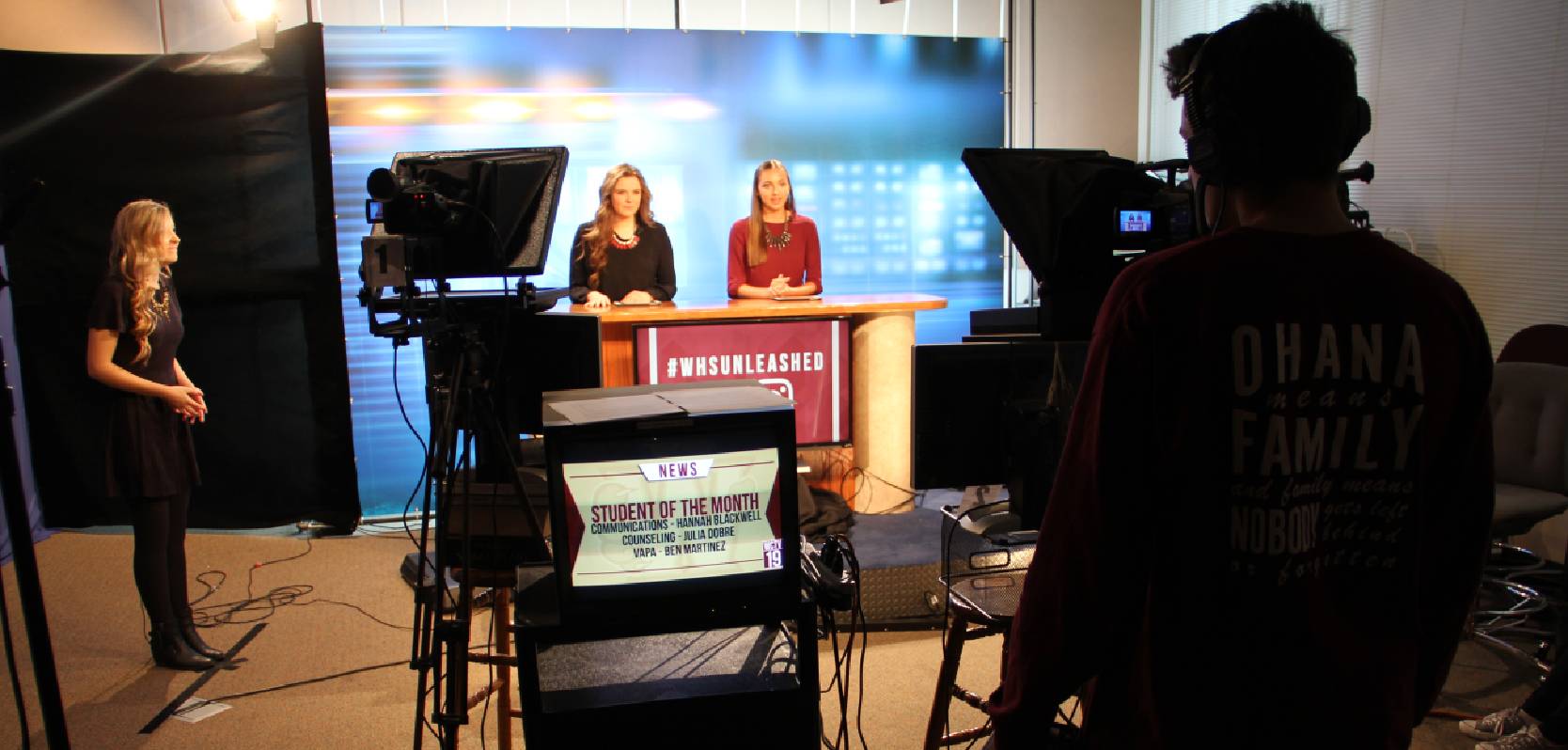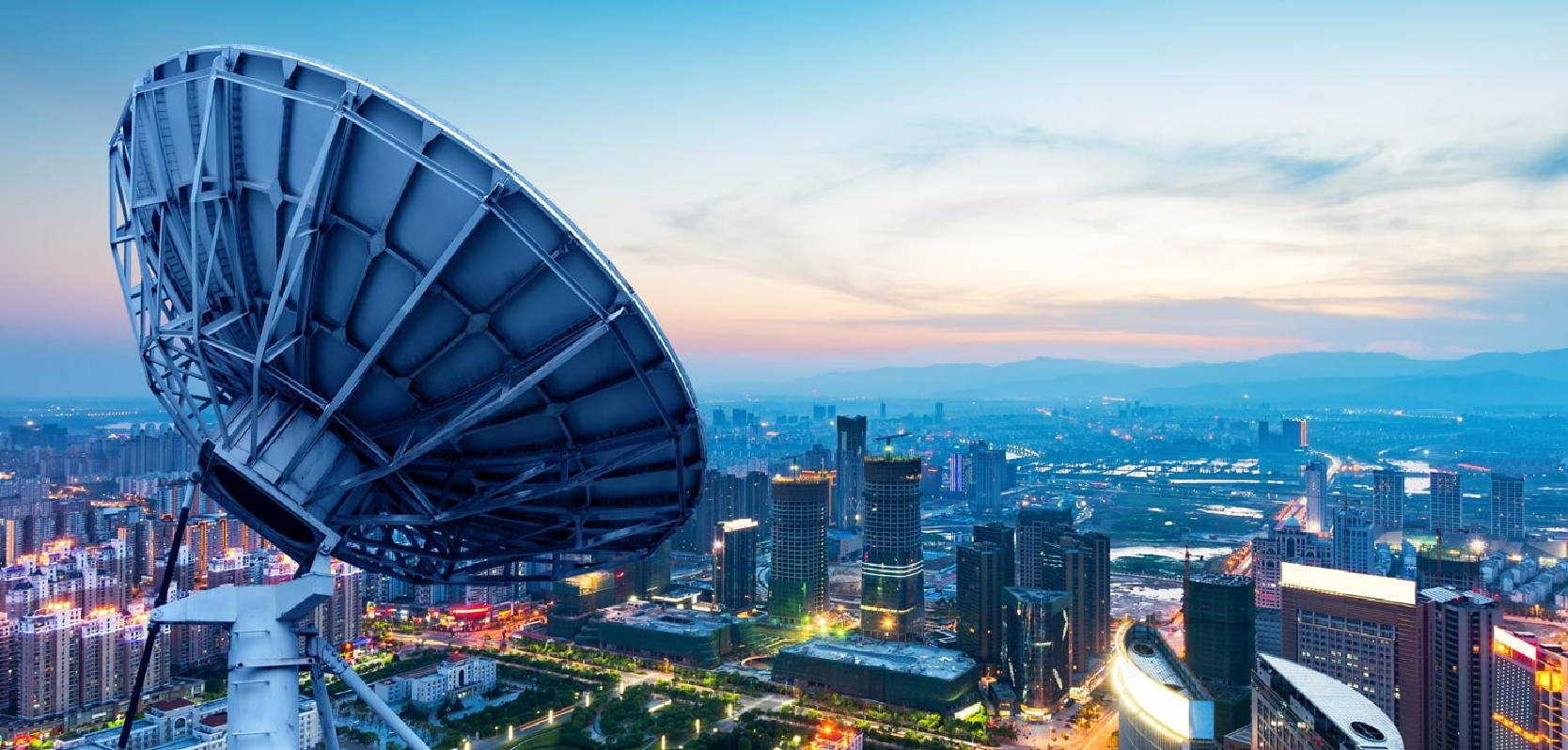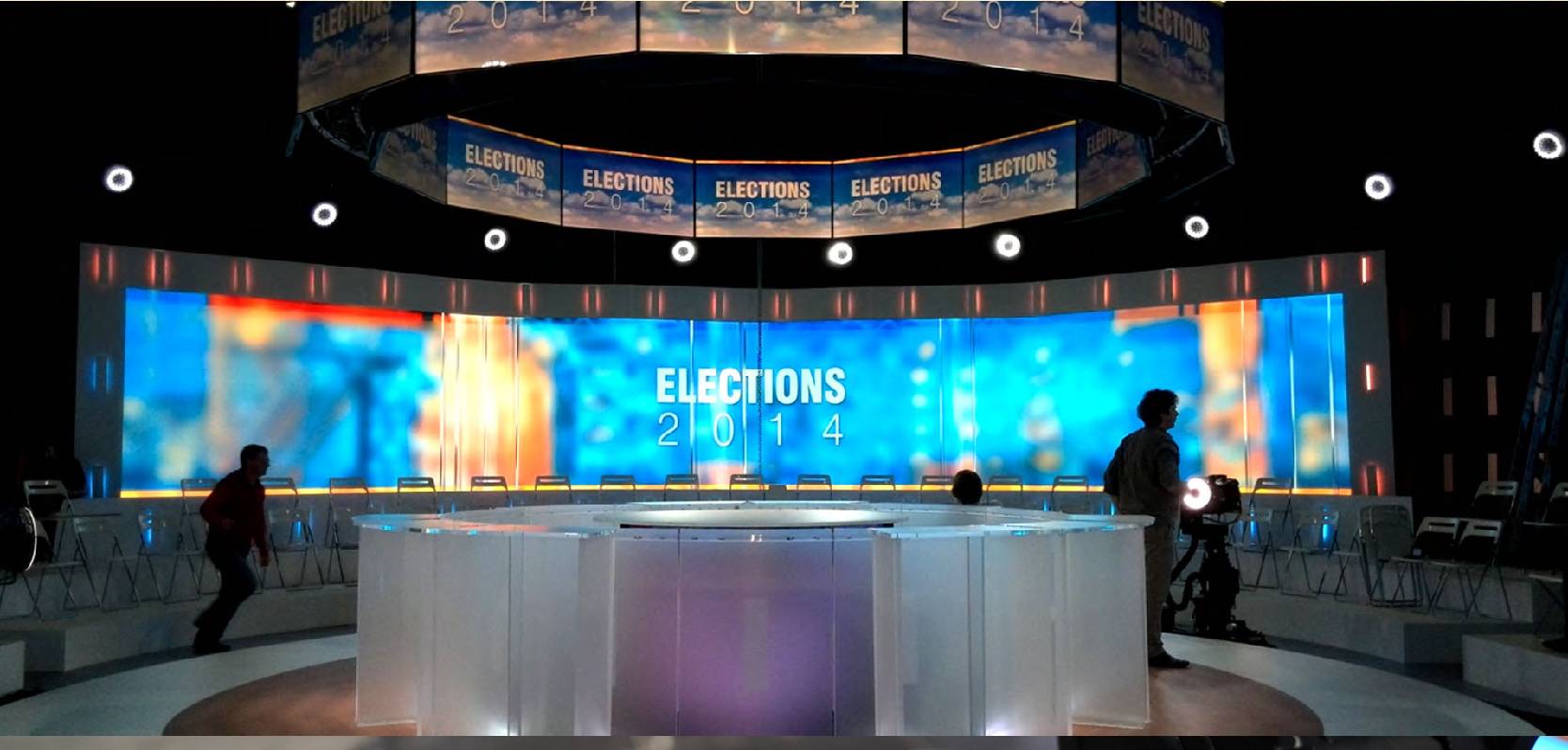Broadcast media, through channels such as radio, television, and online platforms, has become a dominant force in shaping public opinion, influencing social change, and shaping the direction of politics in modern society. In this article, we will explore the broad and varied impact of broadcast media in social and political contexts, as well as review the challenges and opportunities facing media in the digital era.
Influence on Public Opinion and Politics can be expressed in and become a tool. The influence of broadcast media on public opinion and politics is difficult to overstate. Through news coverage, discussion programs, and opinions expressed by public figures, the media provides insight and perspective on issues that affect society. However, it is important to remember that the media also has the power to influence public opinion through the selection of news and narratives presented. Differences in news delivery and viewpoints can influence how people understand and respond to events, form attitudes, and direct political views. Apart from that, broadcast media also plays an important role in forming the identity and culture of a society. Through entertainment programs, music, and films, the media carries narratives and values that shape the way people view themselves and the world around them. This can strengthen cultural identity and promote social inclusion, or conversely, reinforce stereotypes and divisions between groups.

Political Mobilization and Public Empowerment In a political context, broadcast media has great potential to mobilize the masses and empower the public. Through political campaigns, debates, and election coverage, the media helps spread information about political candidates and issues to voters. However, the media can also be used as a tool to manipulate public opinion and influence election results by selecting news that supports a particular political narrative. However, along with its positive potential, broadcast media also faces serious challenges. One of the main challenges is the issue of trust and fairness in the delivery of news. With the rise of fake news and media polarization, it is difficult for society to differentiate between facts and opinions, which can disrupt healthy social and political dialogue. Additionally, other challenges include privacy and data security concerns, unclear regulations, and a reliance on algorithms that can produce filter bubbles where individuals are only exposed to views that align with their own.
Opportunities in the Digital Era can be seen with challenges as well as opportunities. New technologies and online platforms allow people to participate more actively in the production and distribution of media content, expanding the diversity of viewpoints and increasing access to information. This opens the door to broader and more inclusive discussions about social and political issues that affect us all. In addition, social media has also enabled people to communicate directly with political decision makers and mobilize support for certain issues.
In an era where broadcast media has an increasing influence on our daily lives, it is important to understand its broad and varied impact on society. From shaping public opinion to shaping cultural identity, and from political mobilization to facing challenges and opportunities, broadcast media continues to play a central role in shaping the world around us. As individuals involved in a media-saturated society, it is important for all of us to consider our roles and responsibilities in consuming, producing, and participating in media. With a deeper understanding of the impact and implications of broadcast media, we can play an active role in building a more inclusive, informed, and politically engaged society.



